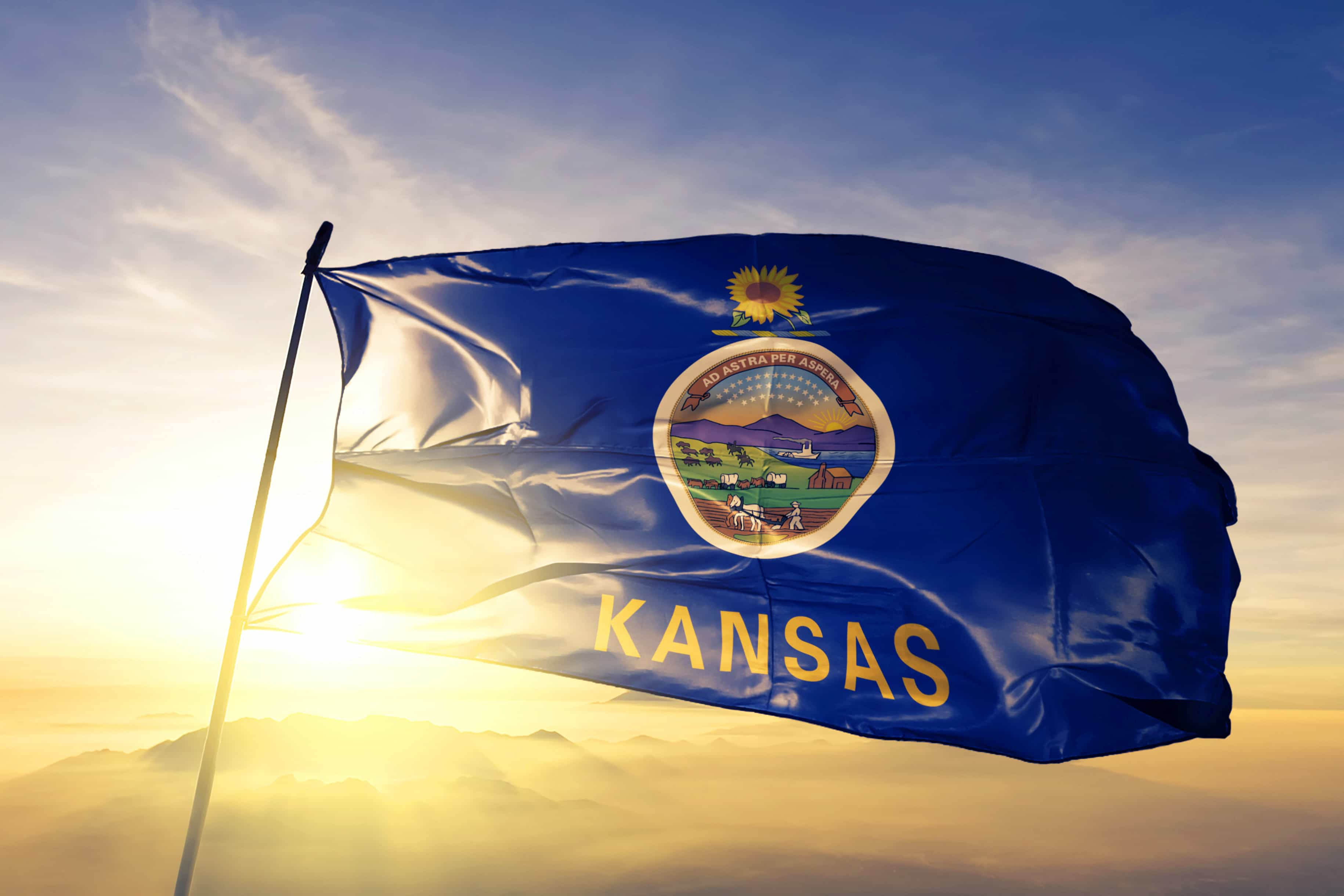Transgender organization launches national U.S. Trans Survey
"Largest, most extensive" survey of trans individuals seeks more data on transgender life experiences

Researchers for the National Center for Transgender Equality (NCTE) are taking a head count and asking transgender people to lend their voices the 2015 U.S. Trans Survey (USTS), which will serve as a mini-“Census” of sorts for transgender people living in the United States.
Kicking off on Wednesday, Aug. 19, the USTS is a follow-up to the 2011 National Transgender Discrimination Survey, which was similar in scope. Both the USTS and the Transgender Discrimination Survey sought to gather data and background information about transgender individuals to help understand their lives and experiences. Based on that information, organizations that work with transgender people could craft policy prescriptions aimed at helping transgender people overcome various obstacles to full equality.
NCTE is already touting the USTS as the “largest, most extensive study ever undertaken of trans lives in America.”
The USTS is expected to gather data on a wide range of issues, looking at transgender and gender non-conforming people’s experiences in employment, housing, healthcare, HIV/AIDS care, disabilities, immigration status, sex work and interactions with law enforcement. The survey is distributed nationally, with the collected data eventually assessed and broken down by region and state. Respondents have a month to complete the survey. The results of the USTS are expected to be released in the spring of 2016.
“We’re at a critical moment for trans people in America, but there is basic, fundamental knowledge that we do not have,” Mara Keisling, the executive director of NCTE, said in a statement. “While we’re aware that trans people face extraordinary challenges, we cannot discern how frequent or widespread they are without up-to-date data. The survey will provide us with robust, fresh data, which will translate into significant knowledge about the trans community.”
Sandy James, the survey project manager for the USTS, says that researchers are hoping to delve deeper into issues touched upon briefly in the 2011 National Transgender Discrimination Survey.
“We’re hoping to get more data out of it than the last time,” he says. “It’s more nuanced this time.”
In terms of outreach, James says researchers have engaged in face-to-face, word-of-mouth contact, and have used phone calls, emails, social media blasts, and connections via local community leaders to notify as many transgender and gender non-conforming people about the survey’s existence.
“What we’ve done is we’ve gone out as much as possible and spread the word as evenly as possible amongst different communities, so the word is getting out in the same way on the East Coast as it is the on the West Coast, to people who are in the South, in the U.S. territories, and people who are trans-masculine or trans-feminine or genderqueer or non-binary are receiving similar messages so we can have a representative sample,” says James.
The survey, which can be taken online, will stay open until at least Sept. 21. Respondents are encouraged to take the survey by that date, although there is the possibility that the deadline may be extended. For those without Internet access, James says, they can find local “survey-taking events” being held by local LGBT and transgender-specific community groups.
“This is a community survey. It’s for us, by us,” James says. “It’s important that people know that this is about getting their voices counted so that we can really make some gains in the community and do some additional positive things.”
The 2015 U.S. Trans Survey is available online from Aug. 19 to Sept. 21. It may be accessed by visiting www.ustranssurvey.org. For more information on the survey, or on the National Center for Transgender Equality, visit transequality.org.
Support Metro Weekly’s Journalism
These are challenging times for news organizations. And yet it’s crucial we stay active and provide vital resources and information to both our local readers and the world. So won’t you please take a moment and consider supporting Metro Weekly with a membership? For as little as $5 a month, you can help ensure Metro Weekly magazine and MetroWeekly.com remain free, viable resources as we provide the best, most diverse, culturally-resonant LGBTQ coverage in both the D.C. region and around the world. Memberships come with exclusive perks and discounts, your own personal digital delivery of each week’s magazine (and an archive), access to our Member's Lounge when it launches this fall, and exclusive members-only items like Metro Weekly Membership Mugs and Tote Bags! Check out all our membership levels here and please join us today!




















